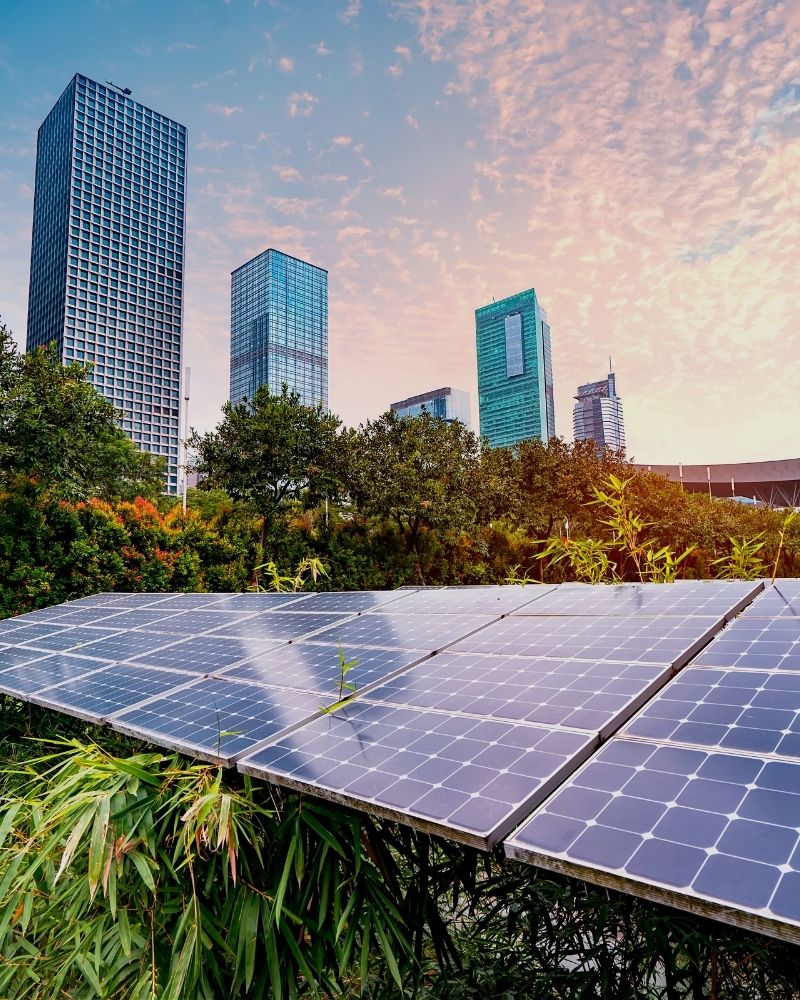Sustainable Energy & Storage
Enabling innovation in renewable energy and energy efficiency.
Opportunities in a Thriving Market
The shift toward clean energy and carbon neutrality has created significant opportunities in the Benelux and DACH regions. These markets offer a supportive ecosystem with attractive subsidies, tax incentives, and public-private partnerships, encouraging investment in renewable energy projects and energy storage systems. Smart grid technologies, energy-as-a-service solutions, and decentralized storage systems are gaining traction, presenting new avenues for growth. Furthermore, the regions are focused on circular economy principles, providing opportunities for companies specializing in recycling and repurposing energy components. With ongoing energy transition initiatives, this is a fertile landscape for technology developers, manufacturers, and service providers looking to expand their market presence.

Sustainable Energy & Storage: A Hub for Technology Developers
The Benelux and DACH regions are global innovation hotspots for renewable energy and storage technology development. Companies in these areas are at the cutting edge of creating advanced energy systems, from highly efficient solar panels to groundbreaking wind turbines and hydrogen fuel cells. Additionally, significant R&D efforts are directed at energy storage, with breakthroughs in lithium-ion, solid-state, and green hydrogen technologies. Supported by robust government programs and funding, these regions offer a collaborative environment where startups, established tech firms, and research institutions thrive. This emphasis on innovation ensures continuous progress in energy efficiency and renewable integration, addressing the growing demand for sustainable solutions.
Leading Players Driving the Transition
Key players in the sustainable energy and storage sector in the Benelux and DACH regions include giants like Siemens Energy, Vestas, and Shell Renewables. These companies, alongside innovative startups such as Sonnen and Alfen, are driving the energy transition with cutting-edge technologies and large-scale projects. Public organizations and research institutions, including Fraunhofer Institute and TNO, also play pivotal roles, fostering collaboration and innovation. These stakeholders are not just developing technologies but also creating ecosystems that integrate renewable energy sources and advanced storage systems into the grid. Their combined efforts make these regions a benchmark for sustainability and a strategic destination for businesses aiming to contribute to the global energy transformation.

